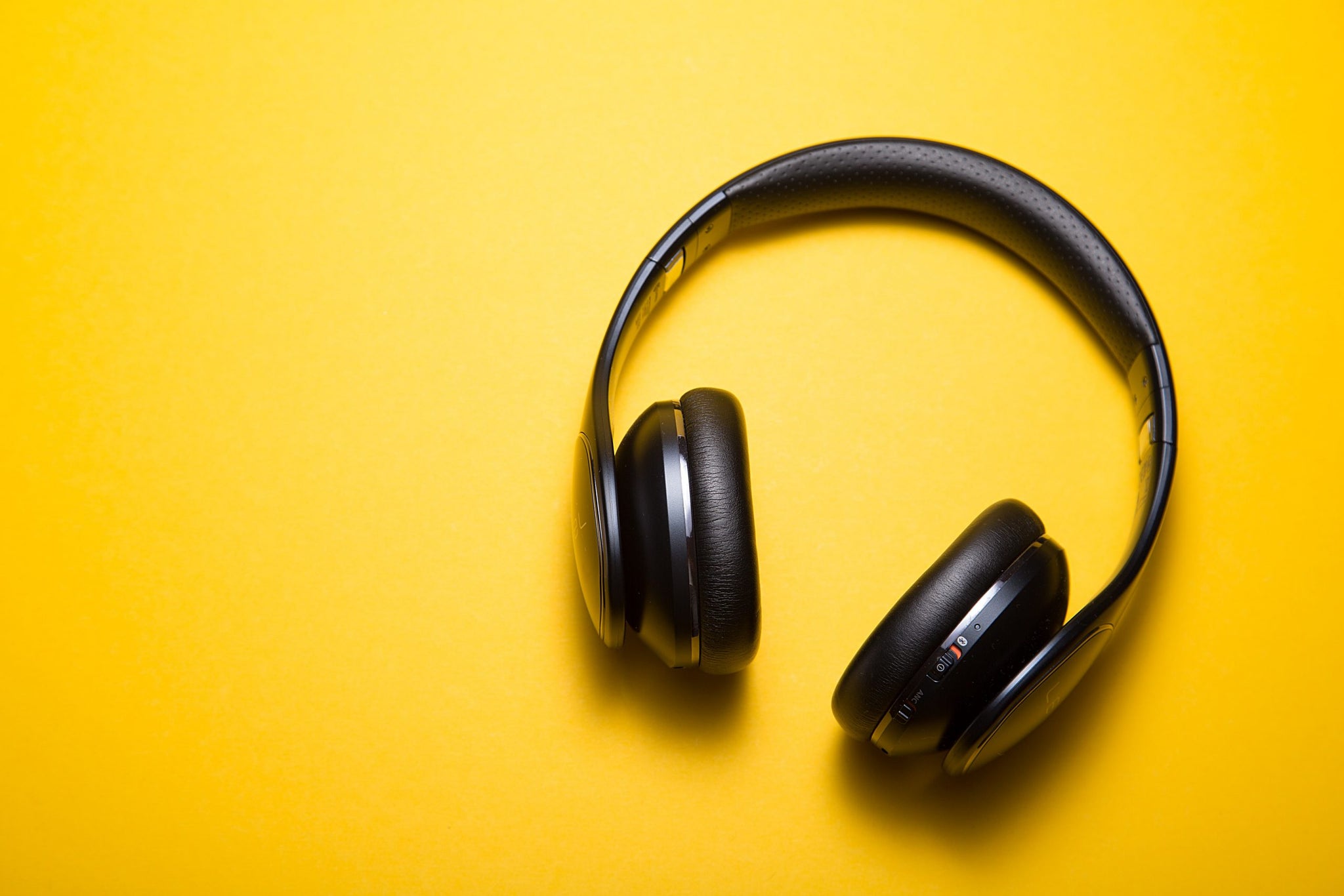

By doing so, it will ease you into the alpha state, and you’ll feel ready to focus on learning and be more productive. To use binaural beats for concentration, you need to listen to a track that presents your brain with a difference of 8 Hz–12 Hz. When it does so, the rest of your brain syncs up with that frequency. And it works wonders.įor example, if you hear 410 Hz in one ear and 400 Hz in the other, your brain will actually create 10 Hz to make up the difference. It’s as simple as putting on your headphones and finding the right tune for you. However, binaural beats can naturally put your brain in the alpha state. This is especially true if you’re feeling really stressed out. Getting to the alpha state can be difficult to achieve on your own. Nir Eyal, trainer of Mindvalley’s Becoming Focused and Indistractable Quest Using Binaural Beats for Study
#Best binaural beats how to#
The essential skill of our century is how to become indistractable. You need to be awake and alert enough to retain information, but not so awake that you can’t concentrate. The key to successful studying is finding the sweet spot between these two extremes. The result is a weary mind that can’t learn new information. When this happens, your brain tries to move into the theta state. Things are moving too quickly, and information can’t be absorbed or retained.īeta takes a lot of energy, so if you’re going through a stressful time, you’re using so much energy that your brain is exhausted. If you’re anxious and stressed about anything, you’ll have a hard time studying and may even find yourself wondering, “ Why can’t I focus?” This is because the anxiety or overwhelm you’re feeling is feeding the beta state of your brain. It’s actually the alpha mode, where your brain is most receptive to new information-much like a sponge, eagerly soaking up knowledge and retaining it like a pro. You know that feeling when you’re totally present and in the zone? That’s your alpha brain state.īut here’s the thing: Your brain doesn’t learn best when it’s in the fast lane of beta mode or the dreamy state of theta mode (which is where it slips into right before you fall asleep). The neurons are firing off faster than a bullet train, producing a ton of information.Īs you start to slow down, your brain shifts into alpha mode. When you’re feeling alert and ready to tackle the day, your brain is in beta mode.

Think of your brain as a buzzing metropolis where little cells called neurons are constantly chatting away, sending messages back and forth.


 0 kommentar(er)
0 kommentar(er)
